The Federal Government has forecasted that the Nigerian economy will grow by as much as 4.2% in 2022.
This was disclosed by Mrs Zainab Ahmed, Minister of Finance, Budget and National Planning, at the Public Consultation on the Draft 2022 to 2024 Medium Term Fiscal Framework and Fiscal Strategy Paper (MTFF/FSP).
The Minister added that Nigeria’s 2021 growth was adjusted downwards from 3% to 2.5%, while forecasting 2022 to be a better economic year.
“In 2022, we are expecting an uptake to 4.2 per cent, then a dip to 2.3 per cent in 2023 and up to 3.3 per cent in 2024,” she said.
READ: How FG can implement blockchain technology for efficient service delivery
What she said about GDP growth
- Nominal GDP projected for 2022 was N184.38 trillion, up from N168.6 trillion in 2021, and then to N201 trillion in 2023 and N222 trillion in 2024.
- Inflation rate was expected to drop slightly to 13 per cent in 2022 from 15 per cent in 2021.
- Increase in inflation due to the exchange rate.
“Inflation rate, which was planned for 11.95 per cent in 2021, has been reflected in reality because the exchange rate is high. The average we have so far is 15 per cent.
We are expecting 2022 to go down slightly to 13 per cent, then 11 per cent in 2023 and 10 per cent in 2024. The exchange rate of the Naira to the dollar, which was N379 in the 2021 budget, has been adjusted to the NAFEX rate of N410.15 to one US dollar.
We are assuming, for now, the same rate for 2022, 2023 and 2024,” she said.
READ: Lekki Deep Sea Port must be operational by 2022 – Amaechi
Amount distributed from the Federation Account
“Of this amount, the Federal Government received N998.57 billion, while the states and Local Governments received N506.59 billion and N390.48 billion respectively from the Main Pool Account.
Federal, state and local governments received N132.70 billion, N442.33 billion and N309.63 billion respectively from the VAT Pool Account,” she said.
Gross Oil revenue from January to May: projected at N5.19 trillion
“As of May, N1.49 trillion was realised out of the prorated sum of N2.16 trillion. This represents 69 per cent performance.
Oil and gas deductions were N194.31 billion (or 45.8 per cent) more than the budget. This is mainly attributable to petroleum subsidy costs which was not provided for in the 2021 Budget.
After netting out deductions (including 13 per cent derivation) net oil and gas revenue inflows to the Federation Account amounted to N872.16 billion,” she added.
READ: Heads of defaulting revenue generating agencies will be severely sanctioned – Buhari
Revenue performance of 2021 budget implementation for January to May
- Federal Government’s retained revenue was N1.84 trillion, 67 per cent of pro rata target.
- Share of oil revenues was N289.61 billion, which represented 50 per cent performance.
- Non-oil tax revenues totalled N618.76 trillion, 99.7 per cent of pro rata.
“Companies Income Tax (CIT) and VAT collections were ahead of the budget targets with N290.90 billion and N123.85 billion, representing 102 per cent and 125 per cent respectively of the pro rata targets for the period.
Customs collections was N204.0 billion (86 per cent of target),” she said.
She added that other revenues amounted to N762.70 billion, of which Independent revenues were N487.01 billion.
READ: Nigeria’s fiscal position unimproved despite recent rise in crude oil prices
What you should know
The World Bank forecasts Nigeria’s economy to grow by 1.8% in 2021 and 2.1% in 2022, as economic activities in Sub Saharan Africa are on course to rise by 2.8% in 2021 and 3.3% in 2022.
Meanwhile, the International Monetary Fund (IMF) says Nigeria is expected to grow by 2.5% in 2021 and 2.3% by 2022.








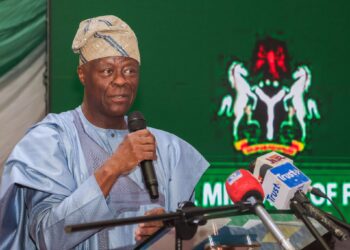
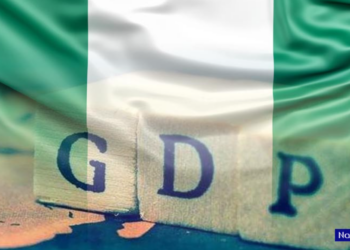
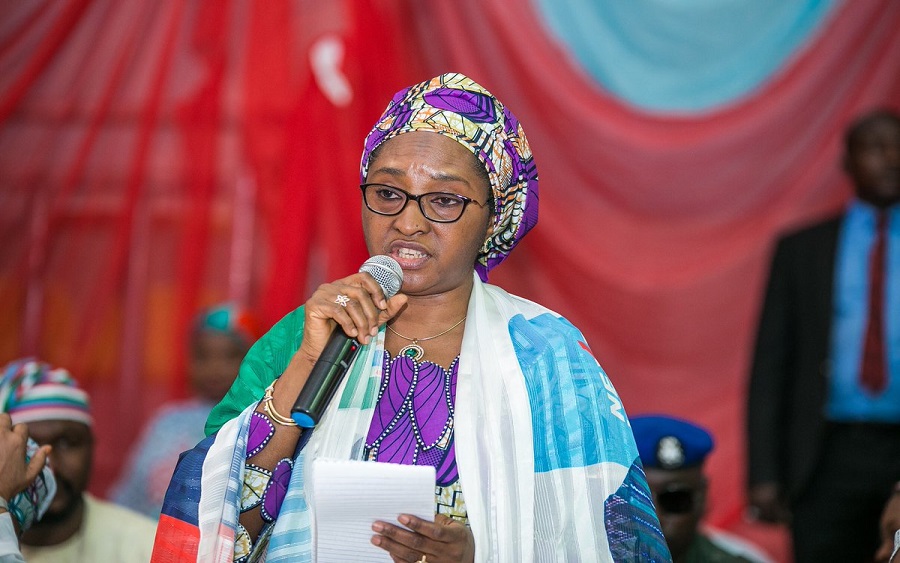

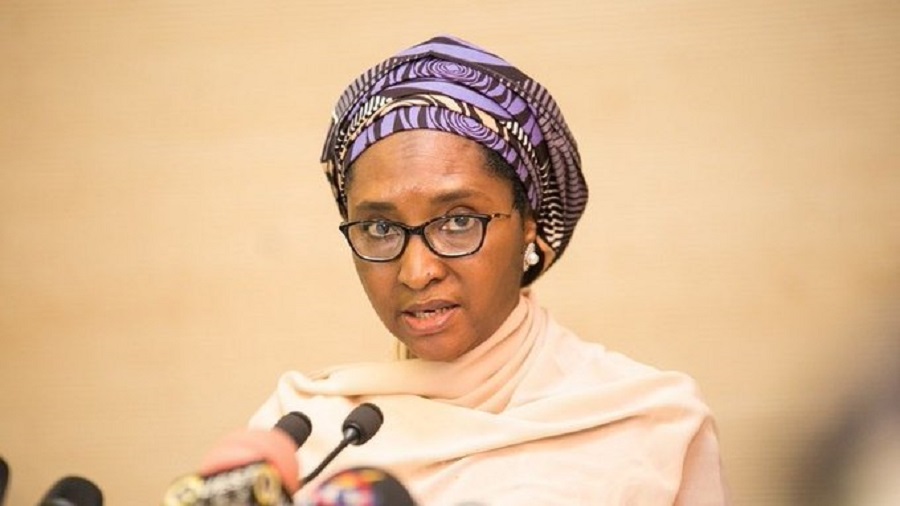
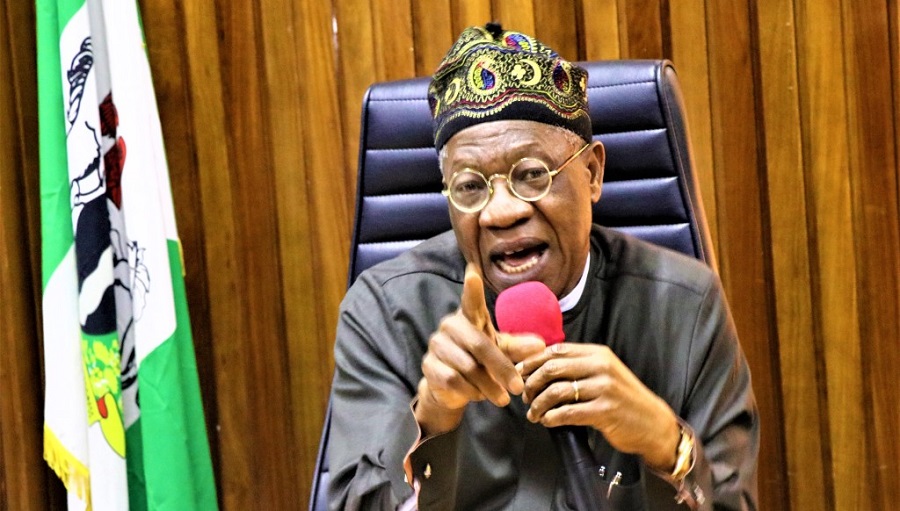











33 h/ojo kings Road s/b g zaria